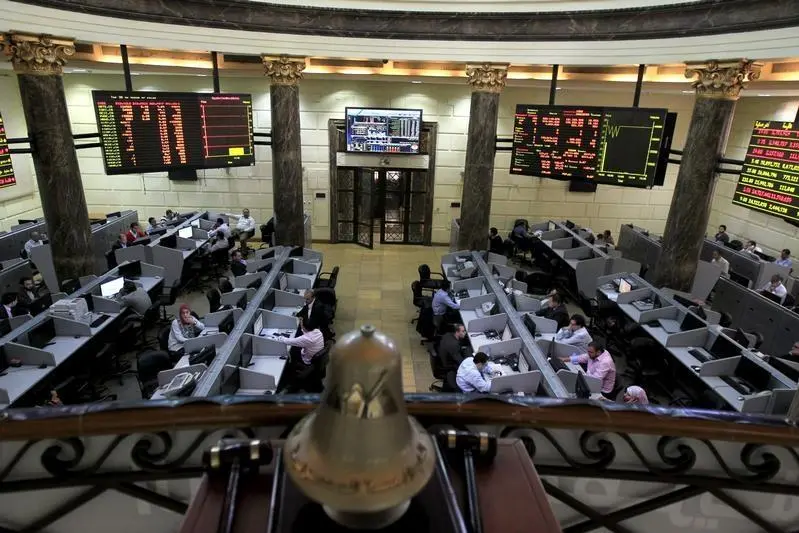PHOTO
The chairman of Egypt's stock exchange has said that it is working on a campaign to increase demand for shares from within the country as well as looking to make it more attractive to international investors.
Mohamed Farid told Zawya on the sidelines of a conference held by investment bank EFG Hermes on Monday that alongside efforts to increase the supply of companies on its exchange, it is trying to increase local investor appetite for their shares.
Farid had told a panel debate at the conference that it was working with the Minister of Public Enterprises and the Ministry of Finance on a plan to boost its capital market by embarking on stake sales of state-owned enterprises, as well as engaging with private sector companies to encourage them to list.
"The starting point is to increase the supply side, to increase the number of IPOs. And not only from the perspective of new companies, but secondary companies that have already listed," he said.
Earlier, Egypt's Minister of Public Enterprises Khaled Badawy had told the same event that he felt Egypt's stock market did not reflect either the size or potential of Egypt's economy, and said that his ministry had drawn up a list of 10 publicly-owned entities in which stakes will be sold on the exchange.
In an interview with Zawya, Farid said that if the supply of new firms coming onto the exchange is set to increase, "you need to have sufficient demand".
"We are working extensively with the employees of the companies of Egypt on a programme that we created ourselves (on) the benefits of long-term investments in capital markets, among which is the Egyptian Exchange," he said.
He said it was also working with index providers on the creation of more exchange traded fund (ETF) products targeting passive investors, such as sector-specific indices based on groups of retailers, for instance, or telecoms companies.
"In addition to that, the latest legal amendments in the capital markets law allowed for the establishment and the trading of derivatives - whether futures or options - on financial products," Farid said.
When asked when derivatives were likely to begin trading on its exchange, he said: "I can't say now. Let me first finish all of the technological requirements and then we can come up with a timetable."
Minority stake sales
Farid also said that he was unconcerned by the fact that the government was only selling minority stakes in publicly-owned entities, stating that “a minority stake in a sizable company is still sizable”.
"As long as we are talking about 20-30 - or up to 49 as the minister mentioned - as long as we are talking about this magnitude then it should be quite sufficient."
Ahmed Shams, the head of research at EFG Hermes, told Zawya that his department is “very positive on Egypt as a market and as an economy in general”.
"The government has taken very hard measures last year that is starting to pay off now," he said, citing the devaluation of the Egyptian pound and regulatory improvements such as the investment law passed last year. It is geared towards boosting foreign investment by offering a range of incentives for foreign-owned firms, including guarantees over project ownership and a reduced bureaucratic burden.
Shams argued that there are signs this law is already beginning to pay off.
"Always, FDIs lag what you see in equities, but given our talks with foreign investors and given our talks with the government, I think things are going to the right direction," he said.
Reporting by Michael Fahy; Editing by Shane McGinley
(michael.fahy@thomsonreuters.com)
© ZAWYA 2018




















